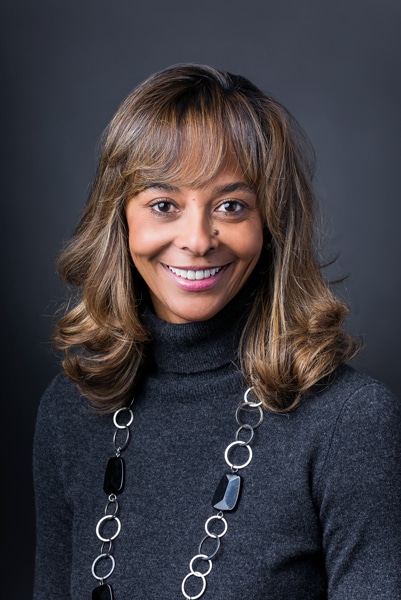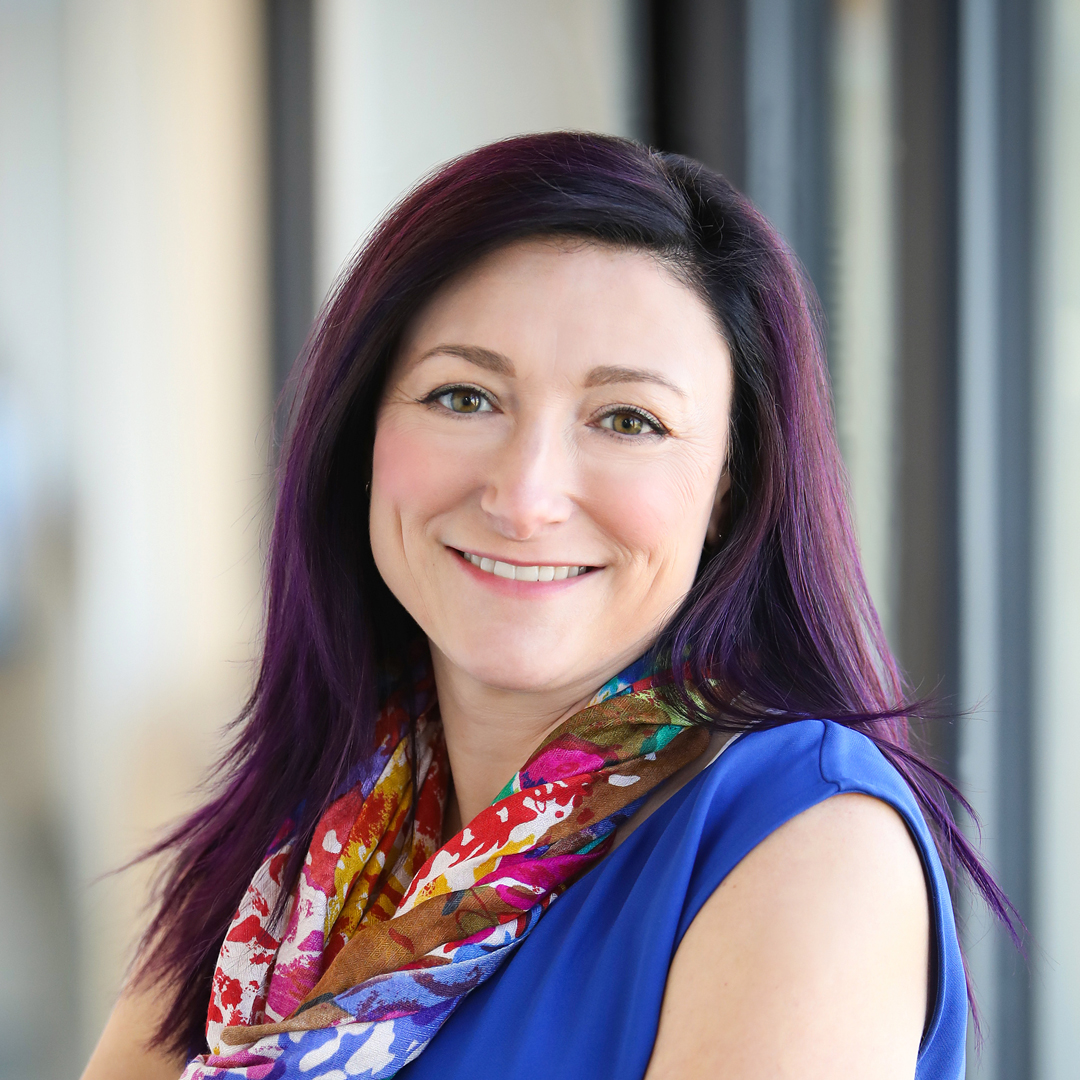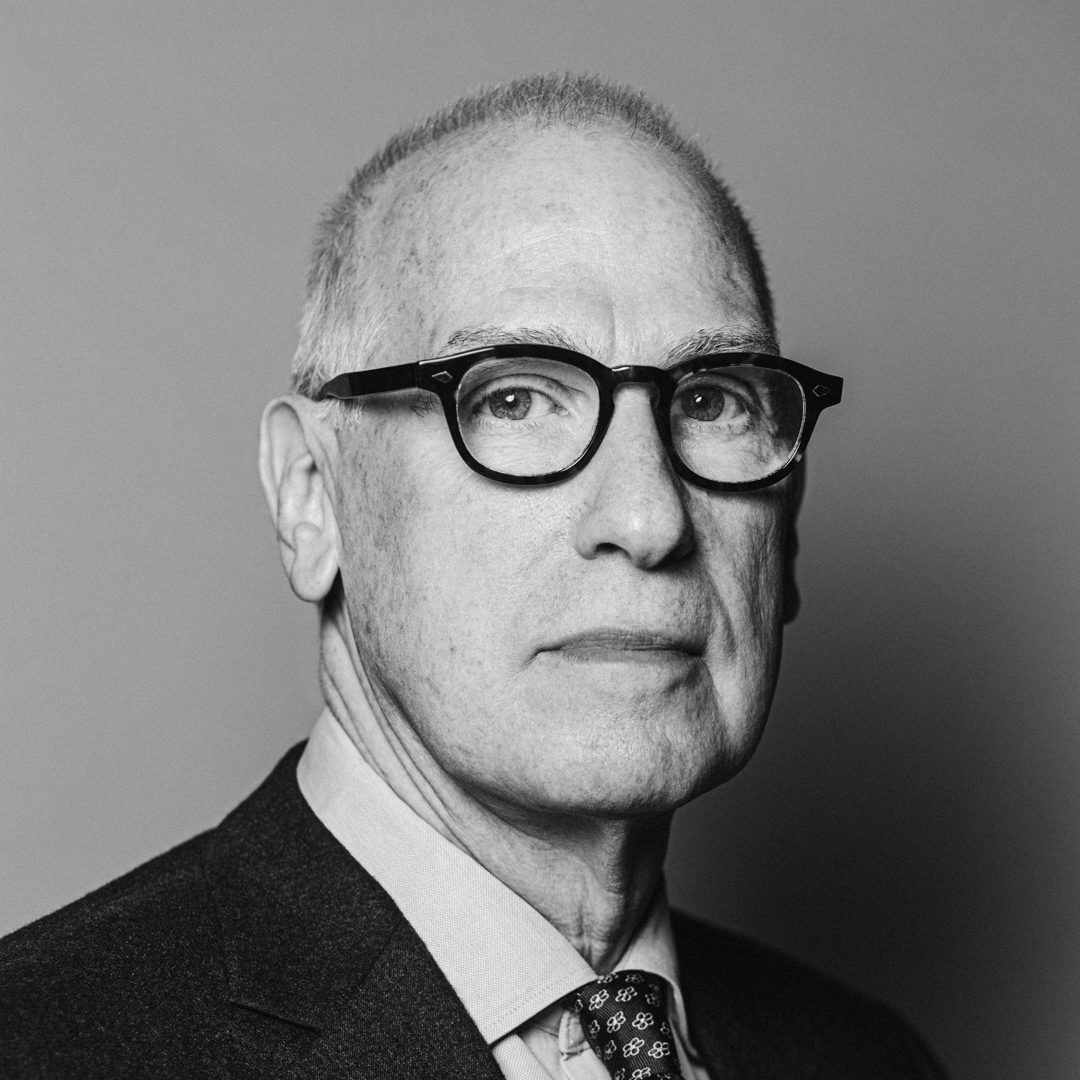Save the Children is celebrating one hundred years of seeking better education, healthcare, and economic opportunities for children in addition to its humanitarian response work. The organization, founded by British social reformer Eglantyne Jebb in 1919, was originally created to help children throughout war-torn Europe following the World War I, and it became the first globally recognized effort made on behalf of children. Jebb’s Declaration of the Rights of Child would eventually be adopted by the United Nations in 1959 and ratified as the Convention on the Rights of the Child in 1990, underlining decades of work to help one of society’s most vulnerable populations.

Debbie Pollock-Berry has endeavored to provide employees at Save the Children with the same respectful and nurturing atmosphere that the organization has worked to create for those it serves. Pollock-Berry has twice been honored by Savoy magazine as one of their “Top Influential Women in Corporate America” on behalf of her diversity and inclusion efforts and commitment to what she calls “making the workplace a more comfortable, successful, and healthier place to be.”
The chief human resources officer has been able to make tangible progress in two short years at Save the Children in ways she hopes will help streamline diversity and inclusion issues for years to come. A huge part of this success is thanks to a staff-led Diversity, Equity, and Inclusion Council formed last year, which dug into issues and advised management on strategy from the employee perspective. The first HR push to remove incidents of unconscious bias was to address the educational qualifications for hiring.
“We have the great fortune of having people with master’s degrees applying for entry-level positions for which they are overqualified, and I think it has almost become expected to look for that degree in the hiring process,” Pollock-Berry says. “Six months into the roles, those individuals are frustrated because they’re overqualified, and on the other side of it, this is excluding many diverse populations who could do that job well.”
Since higher education is often out of reach for economic or cultural reasons, the organization adjusted minimum education requirements to ensure that those with equivalent relevant experience could be considered. “It’s not about hiring a less-qualified person,” Pollock-Berry says. “It’s about not letting someone’s education define their qualification.”
Working to combat unconscious bias has become an important component of the CHRO’s work in the internship program as well. This fall will mark the first time that interns will be paid for their participation—an uncommon occurrence in the NGO world and a significant investment for the organization.
“I’m as guilty of this as anyone, but if it came down to my child accepting a paid or unpaid internship, I would advise them to accept the paid internship,” Pollock-Berry says. “Students who have to pay for their own education are not going to be able to accept unpaid internships, and again, we’re missing out on a wide variety of diverse candidates because of a financial barrier.”
Pollock-Berry credits the Diversity, Equity, and Inclusion Council for spearheading the effort and making the case for change, which was universally welcomed by staff.
“When you’re transparent and honest . . . employees will respect you for your candor. That goes a long way.”
Save the Children has also committed to not taking prior salary into account during the hiring process. “In many cases, you’re going to find a woman having been paid less than their male counterparts in the same exact position,” Pollock-Berry says. “If you base your criteria on those numbers, you’re going to wind up paying women less.”
While some states have outlawed asking about salary history, Save the Children has placed a blanket ban on asking. In addition, the organization completed a gender pay equity report last year to create greater transparency around pay practices and to ensure that gender-based bias does not exist in compensation discussions.
Pollock-Berry says staying on the frontline of emerging HR issues is important to her, and she takes the recognition she receives from other HR professionals as an indication that she’s on the right track. While awards have been nice, she says it’s the feedback from fellow colleagues that compels her to keep working for the betterment of her organization.
“I think what has worked for me is being able to personalize the need to change policies or procedures to staff needs,” Pollock-Berry says. “When you’re transparent and honest, whether you’re delivering good news or bad, if changes can be made quickly or will take more time, employees will respect you for your candor. That goes a long way.”
At Aetna, we are committed to building a workforce that is as diverse as the individuals we serve. By doing this, we foster a culture where everyone is invited to bring their unique perspectives to the work with them. Diversity and inclusion are part of our company DNA. We are proud of the efforts led by Debbie Pollock-Berry at Save the Children to help bring these important initiatives to their employees.

